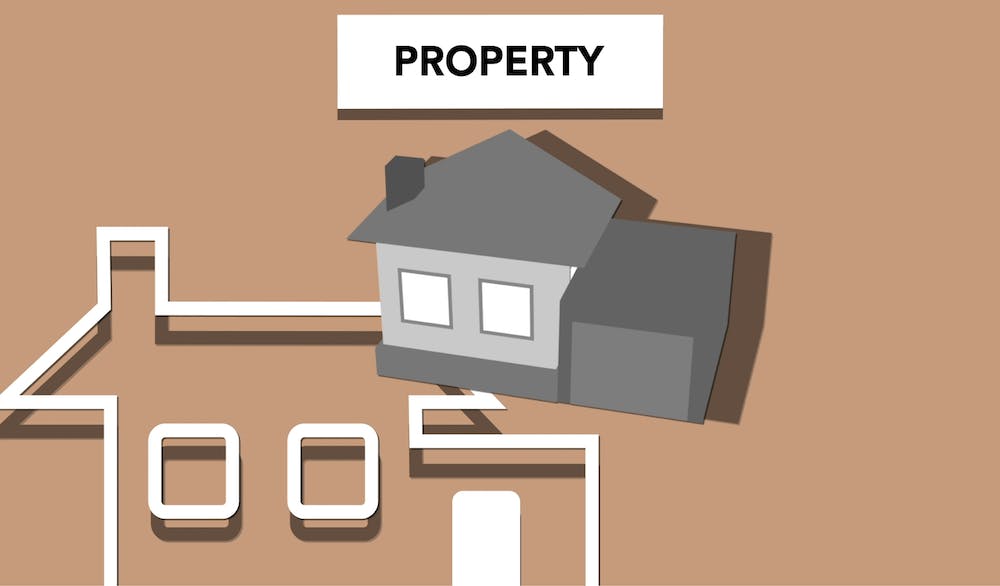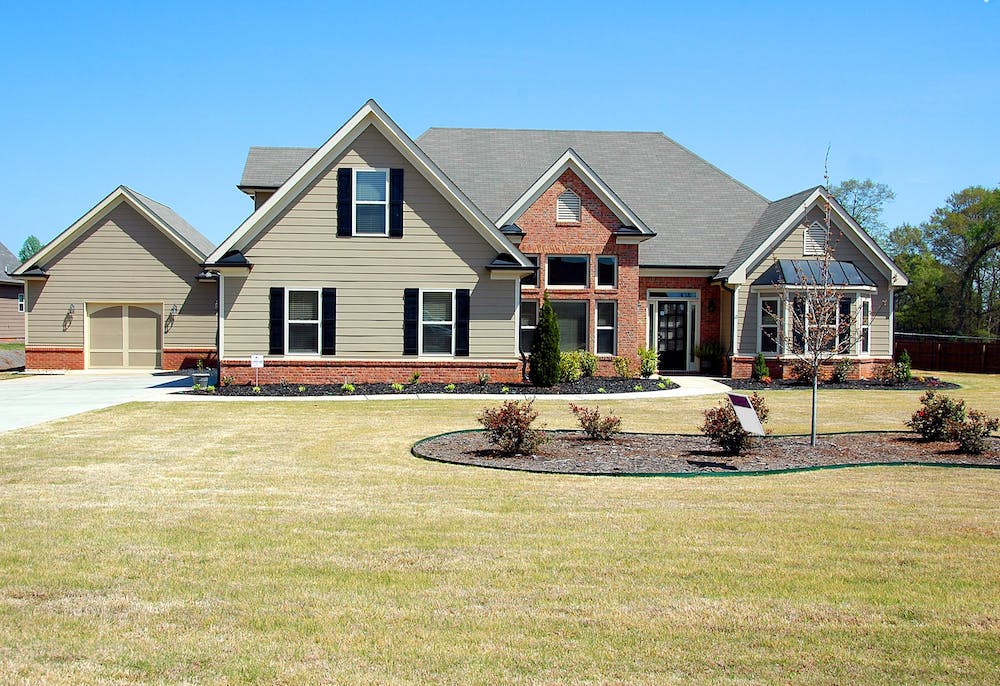The Best Time to Buy or Sell a Home in 2023
 If you’re thinking about buying or selling a home in 2023, you might be wondering if it’s a good time to do so. The answer depends on your personal circumstances, your goals and the state of the market in your area. Here are some factors to consider before making a decision.
If you’re thinking about buying or selling a home in 2023, you might be wondering if it’s a good time to do so. The answer depends on your personal circumstances, your goals and the state of the market in your area. Here are some factors to consider before making a decision.
 Interest rates: Interest rates have been rising steadily since 2022, making borrowing more expensive for home buyers. However, they are still relatively low compared to historical averages, and some experts predict they will peak and stabilize in 2023. If you’re planning to buy a home with a mortgage, you might want to lock in a low rate before they go up further. If you’re selling a home, higher interest rates could reduce the pool of potential buyers, but they could also increase the demand for your property if it’s well-priced and attractive.
Interest rates: Interest rates have been rising steadily since 2022, making borrowing more expensive for home buyers. However, they are still relatively low compared to historical averages, and some experts predict they will peak and stabilize in 2023. If you’re planning to buy a home with a mortgage, you might want to lock in a low rate before they go up further. If you’re selling a home, higher interest rates could reduce the pool of potential buyers, but they could also increase the demand for your property if it’s well-priced and attractive.
 Prices: Home prices have been on a roller coaster ride since the Covid-19 pandemic hit in 2020. After a sharp drop in 2020, they rebounded strongly in 2021, reaching record highs in some markets. In 2022, they started to cool off as interest rates rose and affordability declined. In 2023, prices are expected to moderate further, but not crash. According to CoreLogic, the national median home price is forecast to grow by 2.5% in 2023, compared to 9.5% in 2021 and 4.5% in 2022. However, this is just an average, and different regions and property types will perform differently. Some markets might still see strong price growth, while others might experience declines or stagnation.
Prices: Home prices have been on a roller coaster ride since the Covid-19 pandemic hit in 2020. After a sharp drop in 2020, they rebounded strongly in 2021, reaching record highs in some markets. In 2022, they started to cool off as interest rates rose and affordability declined. In 2023, prices are expected to moderate further, but not crash. According to CoreLogic, the national median home price is forecast to grow by 2.5% in 2023, compared to 9.5% in 2021 and 4.5% in 2022. However, this is just an average, and different regions and property types will perform differently. Some markets might still see strong price growth, while others might experience declines or stagnation.
 Supply and demand: The balance between supply and demand is another key factor that affects the housing market. In general, when there are more homes for sale than buyers, it’s a buyer’s market, and when there are more buyers than homes for sale, it’s a seller’s market. In 2020 and 2021, Australia experienced a severe shortage of housing supply, which drove up prices and created fierce competition among buyers. In 2022 and 2023, supply is expected to increase as more sellers list their homes, more new construction projects are completed and more migration resumes. This could ease some of the pressure on buyers and give them more choices and bargaining power. However, demand is also likely to remain strong as population growth picks up, incomes recover and consumer confidence improves.
Supply and demand: The balance between supply and demand is another key factor that affects the housing market. In general, when there are more homes for sale than buyers, it’s a buyer’s market, and when there are more buyers than homes for sale, it’s a seller’s market. In 2020 and 2021, Australia experienced a severe shortage of housing supply, which drove up prices and created fierce competition among buyers. In 2022 and 2023, supply is expected to increase as more sellers list their homes, more new construction projects are completed and more migration resumes. This could ease some of the pressure on buyers and give them more choices and bargaining power. However, demand is also likely to remain strong as population growth picks up, incomes recover and consumer confidence improves.
 Personal factors: Ultimately, the best time to buy or sell a home depends on your personal situation and goals. If you’re buying a home to live in for the long term, you might not be too concerned about timing the market perfectly. As long as you can afford the repayments and find a home that suits your needs and preferences, you can enjoy the benefits of homeownership regardless of market fluctuations. If you’re selling a home to upgrade, downsize or relocate, you might want to consider your equity position, your moving costs and your desired timeframe. If you have enough equity in your current home, you might be able to sell at a profit and use it as a deposit for your next home. If you’re moving to a cheaper or similar market, you might not be affected by price changes too much. If you’re moving to a more expensive market, you might want to sell sooner rather than later to avoid paying more for your next home.
Personal factors: Ultimately, the best time to buy or sell a home depends on your personal situation and goals. If you’re buying a home to live in for the long term, you might not be too concerned about timing the market perfectly. As long as you can afford the repayments and find a home that suits your needs and preferences, you can enjoy the benefits of homeownership regardless of market fluctuations. If you’re selling a home to upgrade, downsize or relocate, you might want to consider your equity position, your moving costs and your desired timeframe. If you have enough equity in your current home, you might be able to sell at a profit and use it as a deposit for your next home. If you’re moving to a cheaper or similar market, you might not be affected by price changes too much. If you’re moving to a more expensive market, you might want to sell sooner rather than later to avoid paying more for your next home.
 The bottom line is that there is no one-size-fits-all answer to whether it’s a good time to buy or sell a home in 2023. It depends on various factors that can change over time and vary by location. The best thing you can do is research the market conditions in your area, consult with a professional real estate agent and make an informed decision based on your personal circumstances and goals.
The bottom line is that there is no one-size-fits-all answer to whether it’s a good time to buy or sell a home in 2023. It depends on various factors that can change over time and vary by location. The best thing you can do is research the market conditions in your area, consult with a professional real estate agent and make an informed decision based on your personal circumstances and goals.

